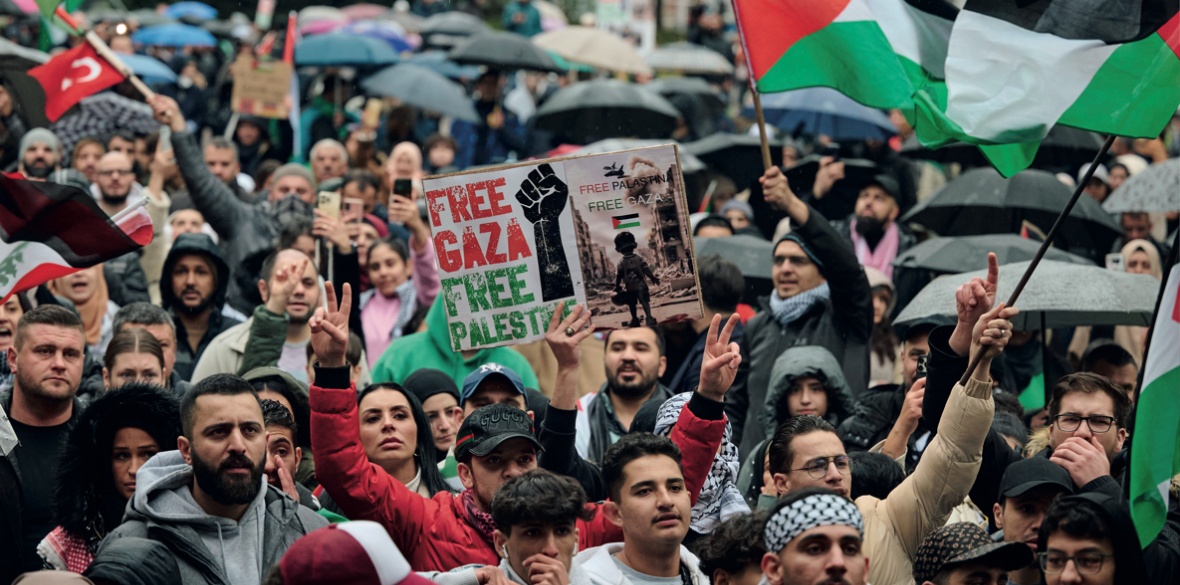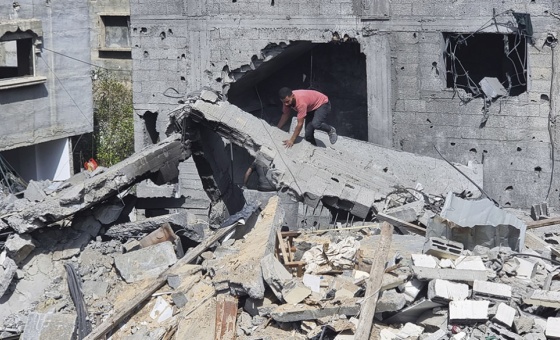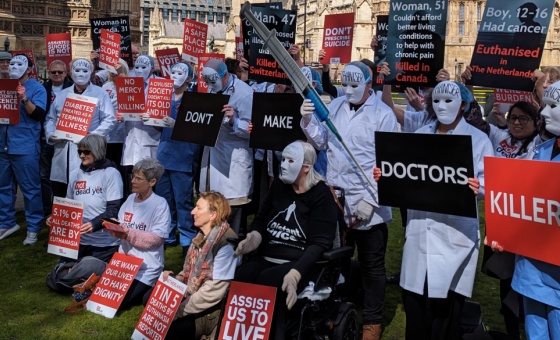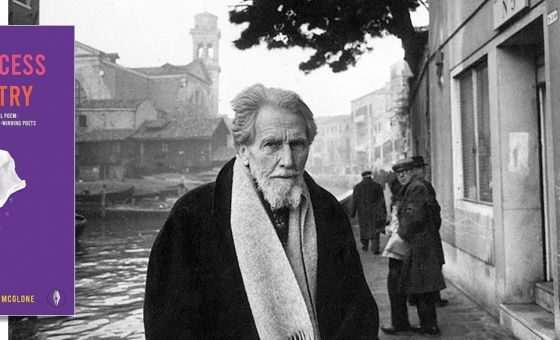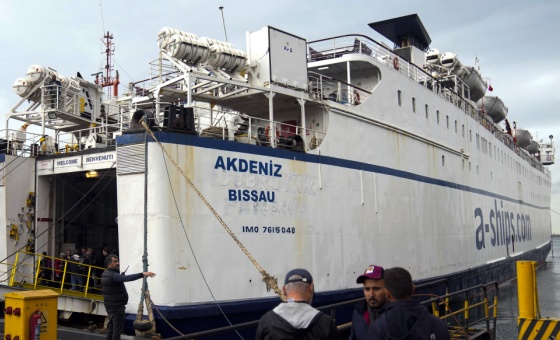This is the last article you can read this month
You can read more article this month
You can read more articles this month
Sorry your limit is up for this month
Reset on:
Please help support the Morning Star by subscribing here
AS they have just done, the US celebrates Veterans Day every November. Now all leading German parties also want such a “Veteranentag” to honour all those past patriots who wore uniforms, voluntarily or not, and certainly to inspire many more reluctant young men or women to put on boots and shoulder arms.
Not so many may recall that the earlier “Armistice Day” marked the end of World War I. Far fewer know that the kaiser’s abdication and total surrender were basically achieved on November 9 because German navy sailors, soldiers and shipyard workers, led by a communist machinist, joined in a mutiny and strike.
Their revolt even seemed headed toward a socialist revolution — but the leaders of the Social Democratic Party, who had buried all their principles in 1914 by voting for money for the kaiser’s war, to “patriotically save civilised Germany from those tyrannical Russians,” deflected or betrayed all hopes for a major change in 1918-21 with their secret deal with the top brass, who had led and lost the war, and with the profit-swollen but now frightened millionaires.
This Social Democrat Party’s sell-out, achieved with a mercenary army of armed killers, soon opened the door to Hitler, with the same millionaires, the same top brass, nobility, and many of the same thugs, now adorned with swastikas.
They reached a new ominous peak in 1938 — again on November 9 — with their so-called bloody, fiery “Kristallnacht.”
The method this time was to fool working people into hating the Jews instead of their real enemies. But once again their main adversary and target was Russia — or the “Jewish-Bolshevik USSR.”
Tragically, the result proved far worse than the earlier war, for Jews, the Soviet people — and Germans.
Fifty-one years later, November 9 was again historic, but a happy day. The Berlin Wall was opened, and this was hailed as a great victory for democracy! Was it really that?
The biggest gainers were those same millionaire (now billionaire) banks and corporations, many with the same names they had in 1914 or 1938, and above all the arms companies. Their hitherto-barred door to the east, the door beyond which they could not go, was open at last, and since then they have made great use of it — and once again become Europe’s muscular centre.
This year, one day late, on November 10, it was Defence Minister Boris Pistorius, one of the most eager “freedom warriors” (and once again a Social Democrat), who demanded: “We need a change of mentality. This is already happening among the troops. I notice it whenever we talk about our brigade now stationed in Lithuania. But we need it in the entire society, and we need it on the political scene.
“We must again become accustomed to the thought that the danger of a war is imminent, which means that we must become war-proficient, we must be defence-ready, and must build up both our Bundeswehr and our society to achieve that goal.”
These blood-chilling words — really edging toward readiness for war, despite an absence of any genuine threat — were too frightening for some.
The echoes of militant, militarist words in 1914, in 1938, in the 1980s were just too overt for now — and Chancellor Olaf Scholz approved the goals but not the words.
Again the threatening tones pointed eastward, backed by facts weightier than words: tanks, battalions, warplanes in Lithuania, warships in the Baltic and giant new sums for the Bundeswehr and for Ukraine, with much the same foe and much the same goals.
There are differences, of course. In 1914 the German empire was aligned with the Austrian empire — against Britain, France, and the US.
In 1938, after Spain’s tragic defeat thanks to British, French, and US betrayal, Hitler’s Germany was encouraged to move eastward again, in Austria and Czechoslovakia. It did, but while it could align almost all of Europe in this goal, often by means of military conquest, Britain and the US did finally join the USSR in defeating it.
Now, while Germany has again brought much of Europe under its EU sway, it remains a junior partner to the US in the eastward expansion of its influence and uniformed strength.
While some in Germany dream of overcoming this junior status, the rule is now “first things first” — from Washington to Warsaw and loudly in Berlin we hear the words: “Russia must be defeated.”
Despite the flags and speeches, the basic impulse is not the rejection of the Russian invasion of Ukraine, not in defence of sovereignty or democracy; these conflicts have always found good slogans for sending in planes, tanks, or troops — from Vietnam and Libya to Grenada and Guatemala, from Kosovo to the Bay of Pigs, or Mali and Niger.
Here, too, there is far more at stake than defending Ukrainian President Volodymyr Zelensky and his Bandera-loving oligarchs, ancient veterans of Nazi SS battalions and Azov fighters. And far greater dangers.
The only hope is in the moving feet of millions. Demanding ceasefires — in Ukraine, in Gaza and Palestine. The world needs more huge rebukes to the Tories and Labour fakers in Britain, the Northrup-Raytheon puppets or shareholders in Washington and the Pentagon, and to all the “defenders” against imagined Russian threats in almost all German parties.
The continuing massive rebukes in so many cities worldwide must not be detracted from by rallies ignoring mass murder in Gaza and “opposing anti-semitism” — which are now largely pro-Netanyahu rallies in disguise.
Louder and clearer than ever we should hear the demands: “No more weapons to conflict areas,” “ceasefire,” “defeat the warmongers.”
In Germany, the next opportunity will be the anti-war demonstration on November 25 in Berlin and other cities around the country. Despite all our differences — it must fill the streets and squares.

